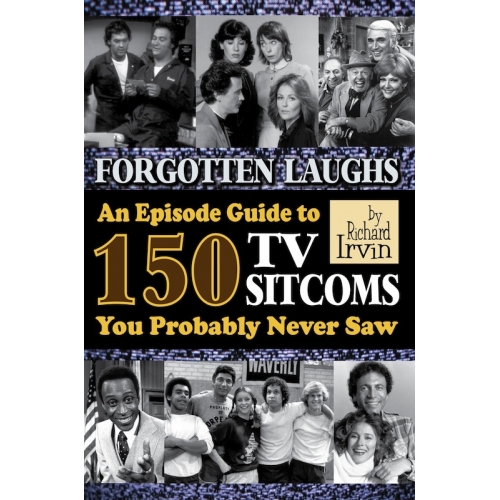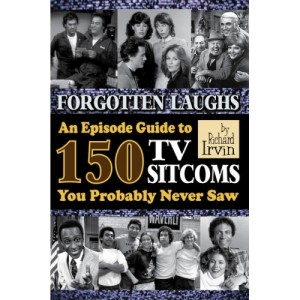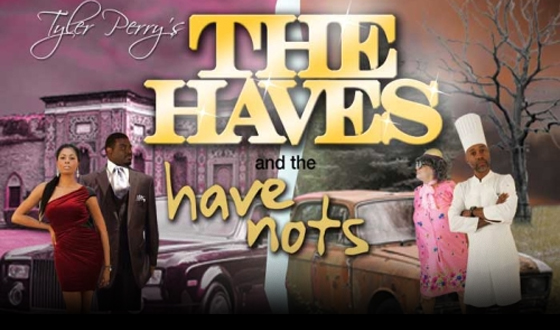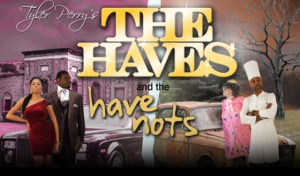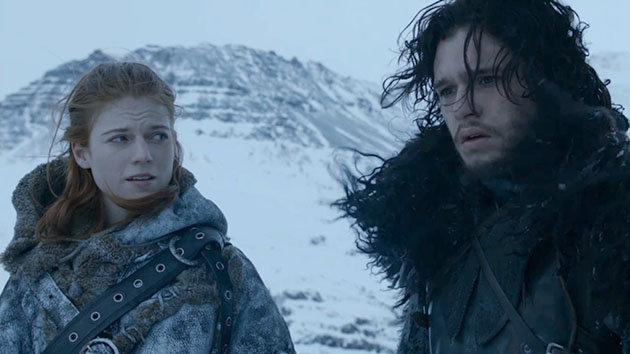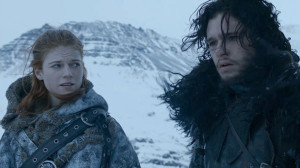LEE : What is that’s so fascinating about short-lived, forgotten sitcoms that made you want to write a book about them?
RICHARD: I’ve been a lifelong TV fan and have always been interested in how series get on television. While there has been a lot published about popular shows like Mary Tyler-Moore, All in the Family, and Seinfeld, not that much information exists about series that quickly disappeared from the air. Even websites like IMDb.com and TV.com do not contain much information about such series.
How hard was it to research and write? How long did it take?
It took about two years to research the book. The biggest difficulty in doing research, particularly for the older series, was that many people contacted did not remember a lot about the series and videos for many series appear to no longer exist. The best TV archive collection is held by the Library of Congress. While they do not have videos of every series ever made, they do have many shows that are not available through other sources.
Did you have a hard time tracking down the writer/producers of the shows? And how did they react once you contacted them?
About half of the writers and producers I contacted did reply to my inquiries. Using “people search” websites was very helpful in locating writers and producers. For better or worse, the internet has made it fairly easy to find people’s addresses.
Most of the writers and producers who responded appreciated the fact that someone wanted to document their efforts with respect to these short-lived projects. Only a handful said they were willing to talk about any other series they had worked on except the one I was profiling. One writer/producer even said that working on the series was so frustrating that he no longer wanted credit for producing the series and that if I wanted the credit, I could take it (although I think the Producer’s Guild might object to that).
Did you also reach out to network executives to find out what they were thinking when the bought, shelved and canceled these series?
I didn’t attempt to contact network executives about these series. Instead I relied on newspaper accounts at the time for the reasons they quickly axed a show. Some of the writers and producers I contacted also didn’t want to be quoted directly about their experiences with the networks on a particular project saying words to the affect that “they still have to work with these guys.”
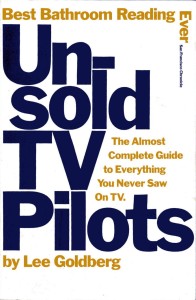
How did your family and friends feel about you writing this book? It was obviously a passion project. A book like this is not something destined to be a bestseller…or particularly profitable (believe me, I know! I wrote the books UNSOLD TV PILOTS 1955-1989 ). What reaction did you get from publishers?
My best friend accompanied me on my many trips to Washington DC to view videotapes at the LOC. While not every series profiled in the book is a lost gem, both he and I were happily surprised about how funny many of them were. I must confess that one of the funniest series I found was the never-aired sitcom The Grubbs starring Michael Cera and Randy Quaid. At the time, many critics who say the Fox preview of the series, called it the worst sitcom ever. But I found that Randy Quaid’s performance was particularly hilarious. In one episode, he was trying to get in the Guinness Book of World Records by holding his breath under water in a bucket. The director filmed his efforts from the bottom of the bucket and Quaid’s reactions were priceless.
The book was one of my passion projects. I don’t think anyone gets rich writing books anymore unless you write about vampires or wizards. I know that many people think that Forgotten Laughs contains episode information about shows that you can get for free from the Internet not realizing that the Internet has little data about such short-lived series.
However, getting the book published was almost too easy. The first publisher I contacted was
BearManor Media, and they quickly agreed to publish it.
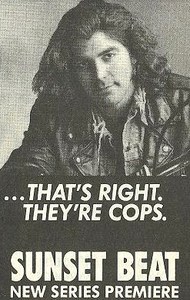 What is your background? Is this your first book? Do you have other books on the way?
What is your background? Is this your first book? Do you have other books on the way?
As for myself, I have a Master’s degree from The Ohio State University in sociology with a focus in mass communications. I worked for a state agency dealing with higher education for the past twenty-five years publishing newsletters and study guides, but now that I am retired, I am focusing on my avocation as a documentarian of TV history. Currently, I’m working on a book about the various series and pilots the late actor-comedian George Burns produced in the 1950’s and 1960’s.
I’ll definitely be the first in line to buy that. You’ll be able to find lots of details on the George Burns stuff in my book, Unsold Television Pilots. Any chance you might tackle Forgotten Dramas next?
That is a definite possibility. I guess there must be at least 100 TV dramas that had very short runs on the different networks. Few probably remember George Clooney in Sunset Beat or Hugh Jackman’s attempt to produce a musical drama titled Viva Laughlin.
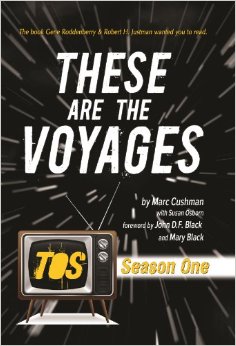 After nearly fifty years, I thought there wasn’t anything more to be said, or any more books that could possibly be mined, from the original Star Trek. Hasn’t that show been talked about, and examined to death, down to every last detail?
After nearly fifty years, I thought there wasn’t anything more to be said, or any more books that could possibly be mined, from the original Star Trek. Hasn’t that show been talked about, and examined to death, down to every last detail?